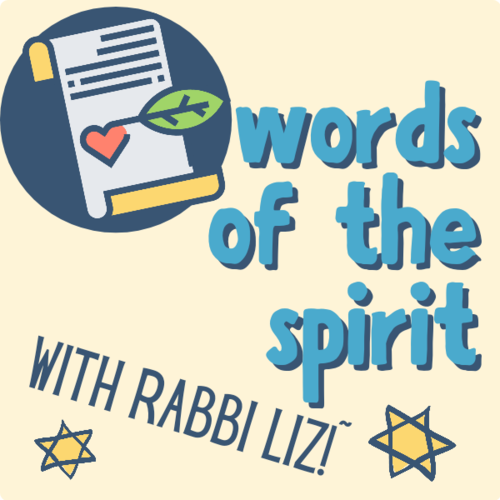Singing in the Key of Justice
04/11/2020 09:13:55 AM
| Author | |
| Date Added | |
| Automatically create summary | |
| Summary |
Tuesday November 3, 2020. It’s hard to imagine anywhere in North America that is not on double high alert today. I say this not just as a dual citizen of Canada and the United States, but as a distressed citizen of the planet. Between the coronavirus infection numbers and the pending outcome of the American presidential election, it’s all I can do not to vibrate with worry and fear.
Listening to some mid-day classical musical helped. Any music helps. In this strange and deeply turbulent year of protest and disruption, I’ve noticed that my inner “radio” is on a great deal. I feel lucky that I have such a great virtual library – truly virtual – to provide comfort, or distraction, or inspiration. I can feel supported and inspired by listening to my inner play list, from old classical favourites to the many songs I’ve learned and sung at song circles, protests and rallies since my youth.
At camp and at youth gatherings we sang: If I had a hammer, a bell, a song … justice, freedom, love. Written in 1949 by Lee Hays and Pete Seeger and later popularized by the Weavers, The Hammer Song crystallized the yearnings and values of various progressive protest movements. The mostly white Anglo folk artists who popularized this song also interpreted melodies and lyrics from a range of cultures, countries, and languages. Included in the repertoire of the Weavers was Wimoweh, music by South African musician Solomon Linda, lyrics in Zulu; Guantanamera, Spanish lyrics by Cuban poet Jose Marti; and the Hebrew song Tzena, Tzena, words and music by liturgical composer Issachar Miron.
With concert halls and other performing venues shuttered, “folk” music – music of and by the people - is still being made in living rooms and basements, fields, farms and factories, with audio and with video, and in a Babel of languages and formats.
My friend and colleague Rabbi Sandra Lawson has been creating accessible Jewish content, including original liturgy, since her student days at the Reconstructionist Rabbinical College. Ordained in 2018, she has broken new ground by picking up the many threads of her life and weaving them into a rabbinate that wholly reflects who she is: a queer, vegan, African-American, former military police officer and sociologist. As a passionate change-maker, she uses song and now also video to transmit a call for change and witness.
Rabbi Sandra wrote I am Human/Oseh Shalom five years ago while she was in Israel to fulfill the rabbinical student study requirement. After witnessing violations of human rights there, largely directed at black and brown people, she created this song, blending the familiar phrase with plaintive English lyrics as a “rallying cry, to never give up, remember the struggle, and always strive to see each other as created in the image of God because when we do, we treat each other with love, dignity, and respect.” In her video, the simple, chant-like melody with its accessible guitar chords, like the folksy and easy-to-join-in tunes popularized by the Weavers, is combined with powerful contemporary images culled from recent Black Lives Matter rallies and the street art that has accompanied so many of those gatherings, from pointed placards to massive murals.
Ten years ago, two white American television hosts created a massive mock event in Washington, DC, a “Rally to Restore Sanity and/or Fear." Steven Colbert and Jon Stewart recently bantered together on a late-night talk show that Colbert, acting in his blowhard right-wing talk show host persona advocating for fear, has “won.”
As you read this, we may still not know who has won the election. As we wait, that rally comes to mind. Sometimes I wish the contest had been between fear and justice, that what will be restored through the outcome of this American election is fundamental and perpetual justice. But justice has not widely prevailed in that country, or our own for that matter, for black and brown people, trans folk, Indigenous peoples and cultures, and others with marginalized identities.
I’m looking forward to a day when we do rally, and sing, lifting our voices together without worry or fear. Today, this week, let’s hope for the restoration of sanity. With it, and through it, justice may emerge.
- Rabbi Liz
Sat, 10 May 2025
Special Messages from the Rabbi
Privacy Settings | Privacy Policy | Member Terms
©2025 All rights reserved. Find out more about ShulCloud







